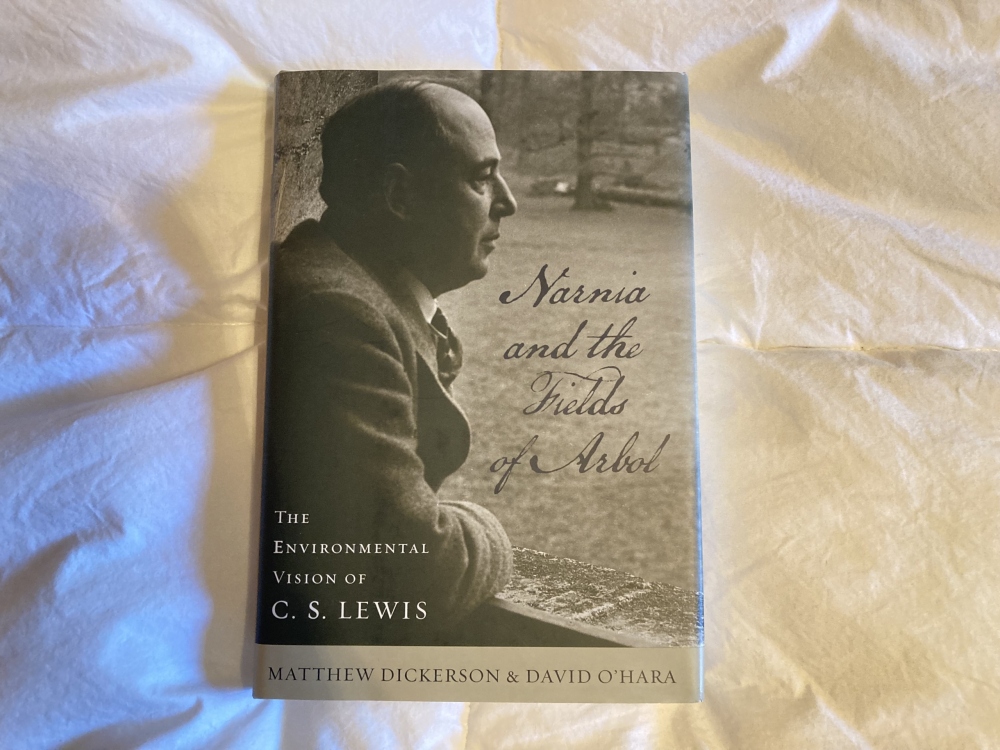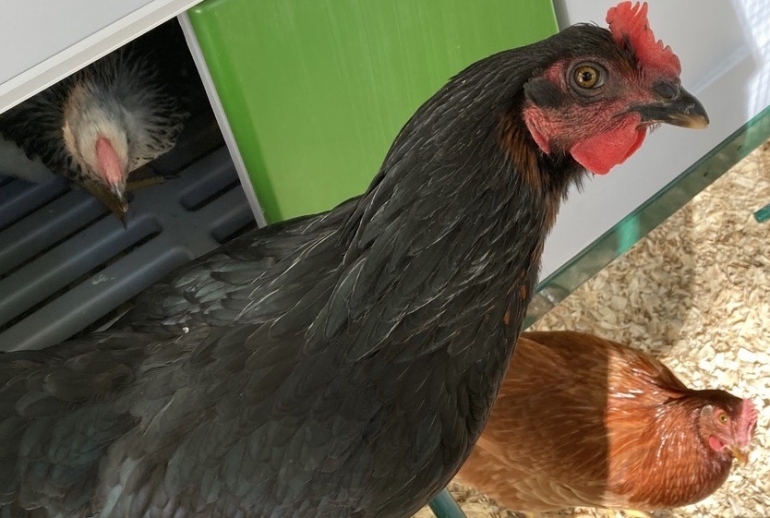It’s possible and rewarding to read the fiction of C. S. Lewis—the Narnia series and the Space Trilogy—simply as well told, engaging stories. Many people do, and some who are obsessed with the theology and mythology behind the fiction would be wise to read them aloud to children. Or to adults who are unfamiliar with them. They are good stories, worth receiving and enjoying. Such well-crafted prose; superbly developed characters; surprising settings; and imaginative story lines should be received as art before we go on to tease out deeper meanings and themes.
And deeper meanings and themes are certainly woven into the trajectory of Lewis’s tales. One reason his fiction resonates with succeeding generations of readers is that his stories are animated and subtly shaped by the deepest myths of humankind and the most mysterious truths of reality. The same is true, of course, with the work of Lewis’s friend, J. R. R. Tolkien. For followers of Jesus, this means that enlivening these stories is the deeply Christian theology and world view that formed Lewis’s mind, life, heart, and imagination.
In Narnia and the Fields of Arbol, an aspect of Lewis’s Christian thought is explored that has hitherto not received the attention it deserves. In fact, except for brief mentions and asides, I’m not aware that it’s been attended to at all. This is his convictions and sensitivities, ultimately rooted in Scripture, about what it means to be human called by the Creator to live in nature, as a part of created reality. Or as the book’s subtitle puts it, The Environmental Vision of C. S. Lewis.
Sadly, caring for the earth, something that should unify Christians in a broken and groaning world has been forced into the divisive political binary of right v left. We should be in the forefront of caring for the earth because we have been told by poet (Psalm 24) and apostle (Philippians 2) that it is the Lord’s, made by and for him, world without end. It is not primarily a political or economic issue; it is a matter of faithful stewardship, even at cost, with possible political and economic ramifications that must yield to biblical assessments.
The authors of Narnia and the Fields of Arbol are well equipped for this task. Matthew Dickerson is professor of environmental studies at Middlebury College; David O’Hara is professor of philosophy at Augustana College. Narnia and the Fields of Arbol is a work of literary criticism, in which the authors thoughtfully walk us through the Narnian Chronicles and the Space Trilogy to reveal how Lewis thought about created reality. They ask us to consider the stories once more, this time reflecting on what Lewis is implicitly—and explicitly—saying about our relationship with God’s world. Well written and accessible, the book deepens our appreciation for Lewis’s fiction and sharpens our understanding of the biblical mandate for caring for the earth and being part of the creation God called into being and is redeeming to be the New Creation.
C. S. Lewis’s stories offer us a vision of the world brimming with life and goodness, full of purpose, rich with value, every part enmeshed in deep and ethical relations with every other part. His is a world of spirit—spirit dwelling in the trees, rivers, and stones, hovering over the deep and upon the mountains. This is a less popular notion in some modern circles, and yet it is a vital part of Lewis’s ecology: for millions of readers, Lewis succeeded in enchanting, or rather re-enchanting nature. He brought the woods and fields and rivers and seas, and the animals that live in them, alive with mythical and spiritual significance, helping us not only to see them in new ways, but also to care for them more deeply. And even for those who disagree with any of its theistic aspects, this vision of the fullness and goodness of the universe might be Lewis’s greatest contribution to modern ecology—and the greatest positive influence he has had. [p. 260]
The heart of the book is their consideration of each book in both series of fiction. It’s fascinating to listen in as an environmental scientist and a philosopher reveals what they hear in these stories. Lewis was consistent in his thinking, and did not compartmentalize, with contrasting convictions applied to various aspects of life, culture, and reality. As Dickerson and O’Hara note, “what C. S. Lewis thought about anything touched on what he thought about everything.” [p. 19] And beneath all his thought was a robust biblical theology in the service of Christ as Lord.
I recommend Narnia and the Fields of Arbol. If you are like me, it will reignite a love for the fiction of C. S. Lewis, impress you with his presence of mind, and reconvince you that the calling to faithfulness includes caring for the earth.
Photo credit: Taken by the author with his trusting iPhone.



